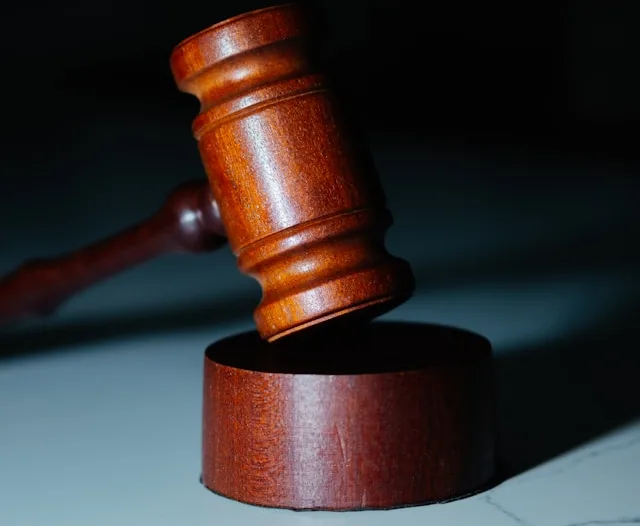Greg Lynn, the accused double murderer, expresses remorse to the families of the victims but maintains his innocence in the trial
In a courtroom statement, Greg Lynn, the accused double murderer, extended his apologies to the families of the deceased campers, Carol Clay and Russell Hill, while adamantly denying the charges of murder brought against him. Lynn, 57, acknowledged the severity of his actions, particularly in destroying evidence related to the case, for which he believes he deserves punishment. However, he maintained his innocence regarding the murders.
Greg Lynn’s defence barrister, Dermot Dann KC, revealed that Lynn had offered to plead guilty to the charge of destroying police evidence before the murder trial commenced. Lynn’s testimony marks a crucial moment in the ongoing trial, where he is the defense’s sole witness.
Embed from Getty ImagesAccording to Lynn, the tragic events unfolded when Russell Hill accidentally shot Carol Clay, followed by a fatal altercation between Hill and Lynn himself. Lynn described entering a state of crisis and resorting to actions he believed were necessary to manage the situation, including burning the campsite and disposing of the bodies. His training as a pilot, he claims, helped him remain calm amidst the chaos.
Despite his efforts to cover up the deaths and evade detection, Lynn admitted that the situation has only worsened for him, now facing trial for two counts of murder. He expressed regret for his actions and acknowledged the gravity of destroying police evidence, describing it as “despicable.”
Throughout his testimony, Lynn detailed the events leading up to the tragedy, including a struggle over a gun with Russell Hill, during which shots were fired, resulting in Carol Clay’s death. Lynn emphasized his belief that Hill’s intentions were not to harm him but to retain possession of the firearm.
As the trial continues, Lynn’s testimony sheds light on the harrowing sequence of events that led to the deaths of Carol Clay and Russell Hill, offering a glimpse into his mindset and actions during the critical moments.
Analysis:
Legal Ramifications: Lynn’s testimony presents a complex legal scenario, where his actions are scrutinized within the context of self-defense and criminal liability. The defence’s strategy to portray Lynn as a panicked individual responding to a life-threatening situation could influence the jury’s perception of his culpability.
Emotional Impact: Lynn’s apology to the victims’ families humanizes him to some extent, potentially swaying public opinion and the jury’s sympathies. However, his continued denial of the murder charges may also elicit scepticism and scrutiny.
Psychological Insights: Lynn’s testimony provides insight into his state of mind during the incident, offering clues about his decision-making process and emotional responses under stress. This psychological analysis could be pivotal in determining his level of culpability and intent.
Ethical Considerations: The ethical implications of Lynn’s actions, particularly in destroying evidence and evading detection, raise questions about moral responsibility and the limits of self-preservation in dire circumstances. The trial prompts discussions about the ethical boundaries of self-defence and the preservation of life.Media Coverage: The extensive media coverage surrounding the trial, including a dedicated podcast following the proceedings, underscores the public’s interest in high-profile criminal cases and the role of the media in shaping perceptions of justice and accountability.
